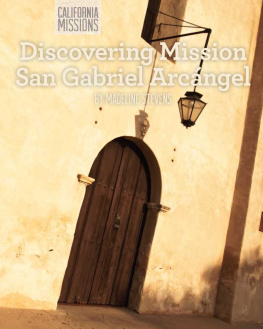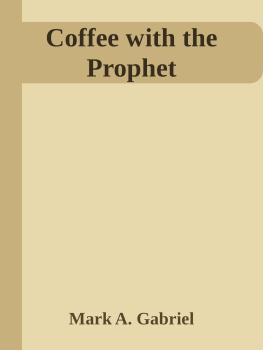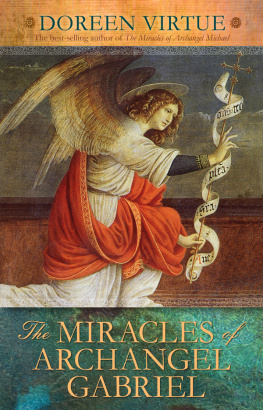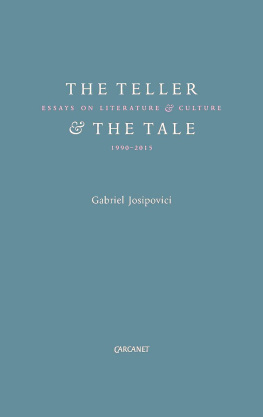PREFACE
It reflects not at all on Mr Cloudesley Brereton's admirable work of translation to remark how subtly the spirit of such work as this of M. Tarde's changes in such a process. There are certain things peculiar, I suppose, to every language in the world, certain distinctive possibilities in each. To French far more than to English, belong the intellectual liveliness, the cheerful, ironical note, the professorial playfulness of this present work. English is a less nimble, more various and moodier tongue, not only in the sound and form of its sentences but in its forms of thought. It clots and coagulates, it proliferates and darkens, one jests in it with difficulty and great danger to a sober reputation, and one attempts in vain to figure Professor Giddings and Mr Benjamin Kidd, Doctor Beattie Crozier and Mr Wordsworth Donisthorpe glittering out into any so cheerful an exploit as this before us. Like Mr Gilbert's elderly naval man, they "never larks nor plays", and if indeed they did so far triumph over the turgid intricacies of our speech and the conscientious gravity of our style of thought, there would still be the English public to consider, a public easily offended by any lack of straightforwardness in its humorists, preferring to be amused by known and recognised specialists in that line, in relation to themes of recognised humorous tendency, and requiring in its professors as the concomitant of a certain dignified inaccessibility of thought and language, an honourable abstinence from the treacheries, as it would consider them, of irony and satire. Imagine a Story of the Future from Mr Herbert Spencer! America and the north of England would have swept him out of all respect.... But M. Tarde being not only a Member of the Institute and Professor at the College of France, but a Frenchman, was free to give these fancies that entertained him, public, literary, and witty expression, without self-destruction, and produce what has, in its English dress, a curiously unfamiliar effect. Yet the English reader who can overcome his natural disinclination to this union of intelligence and jesting will find a vast amount of suggestion in M. Tarde's fantastic abundance, and bringing his habitual gravity to bear may even succeed in digesting off the humour altogether, and emerging with edification ofit must be admitteda rather miscellaneous sort.
It is perhaps remarkable that for so many people, so tremendous a theme as the material future of mankind should only be approachable either through a method of conscientiously technical, pseudo-scientific discussion that is in effect scarcely an approach at all or else in this mood of levity. I know of no book in this direction that can claim to be a permanent success which combines a tolerable intelligibility with a simple good faith in the reader. One may speculate how this comes about? The subject it would seem is so grave and great as to be incompatibly out of proportion to the affairs and conditions of the individual life about which our workaday thinking goes on. We are interested indeed, but at the same time we feel it is outside us and beyond us. To turn one's attention to it is at once to get an effect of presumption, strain, and extravagant absurdity. It is like picking up a spade to attack a mountain, and one's instinct is to put oneself right in the eyes of one's fellow-men at once, by a few unmistakably facetious flourishes. It is the same instinct really as that protective "foolery" in which schoolboys indulge when they embark upon some hopeless undertaking, or find themselves entirely outclassed at a game.
The same instinct one finds in the facetious "parley vous Francey" of a low class Englishman who would in secret like very much to speak French, but in practice only admits such an idea as a laughable absurdity. To give a concrete form to your sociological speculations is to strip them of all their poor pretensions, and leave them shivering in palpable inadequacy. It is not because the question is unimportant, but because it is so overwhelmingly important that this jesting about the Future, this fantastic and "ironical" fiction goes on. It is the only medium to express the vague, ill-formed, new ideas with which we are all labouring. It does not give any measure of our real sense of the proportion of things that the Future should appear in our literature as a sort of comic rally and harlequinade after the serious drama of the Presentin which the heroes and heroines of the latter turn up again in novel and undignified positions; but it seems to be the only method at present available by which we may talk about our race's material Destiny at all.
M. Tarde, in this special case before us, pursues a course of elusive ironies; sometimes he jests at contemporary ideas by imagining them in burlesque realisation, sometimes he jests at contemporary facts by transposing them into strange surroundings, sometimes he broaches fancies of his own chiefly for their own sake, yet with the well-managed literary equivalent of the palliating laugh of conversational diffidence. It is interesting to remark upon the clearness, the French reasonableness and order of his conceptions throughout. He thinks, as the French seem always to think, in terms of a humanity at once more lucid and more limited than the mankind with which we English have to deal. There are no lapses, no fogs and mysteries, no total inadequacies, no brutalities and left-handednessand no dark gleams of the divinity, about these amused bright people of five hundred years ahead, who are overtaken by the great solar catastrophe. They have established a world state and eliminated the ugly and feeble. You imagine the gentlemen in that Utopia moving gracefullywith beautifully trimmed nails and beardsabout the most elegant and ravishing of ladies, their charm greatly enhanced by the pince-nez, that is in universal wear. They all speak not Esperantobut Greek, which strikes one as a little out of the pictureand all being more or less wealthy and pretty women and handsome men, "as common as blackberries" and as available, "human desire rushed with all its might towards the only field that remained open to it",politics. From that it was presently turned back again by a certain philosophical financier, who, most delightfully, secured his work for ever, as the reader may learn in detail, by erecting a statue of Louis Philippe in wrought aluminium against any return of the floodand then what remained? The most brilliant efflorescence of poetry and art!
One does not quite know how far M. Tarde is in this first part of his story jesting at his common countrymen's precisions and finalities and unenterprising, exact arrangements, and how far he is sharing them. Throughout he seems to assume that men can really make finished plans, and carry them out, and settle things for ever, and so assure us this state of elegant promenading among the arts, whereas the whole charm and interest of making plans and carrying out, lies to the more typical kind of Englishman, in his ineradicable, his innate, instinctive conviction, that he will, try as he may, never carry them out at all, but something else adventurously and happily unexpected and different. M. Tarde gives his world the unexpected, but it comes, not insidiously as a unique difference in every individual and item concerned, but from without. Just as Humanity, handsome and charming, has grouped itself pleasantly, rationally, and in the best of taste for ever in its studios, in its













